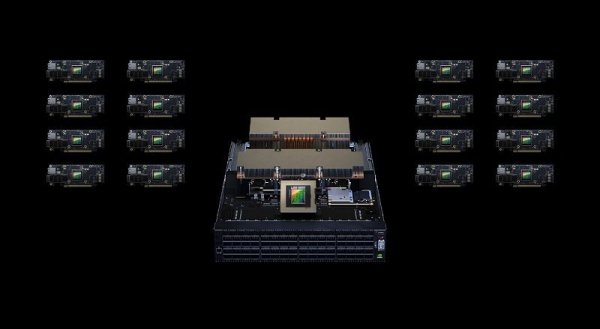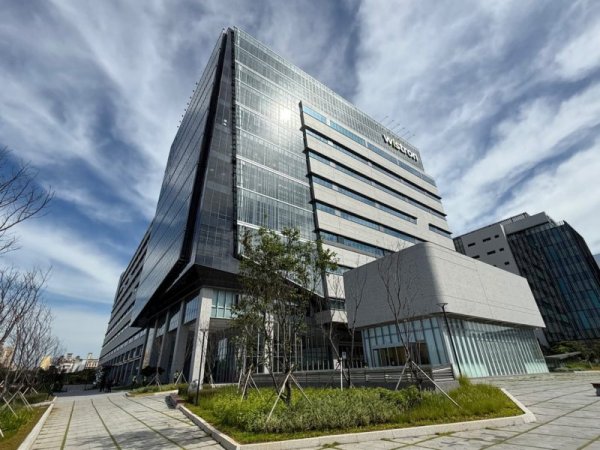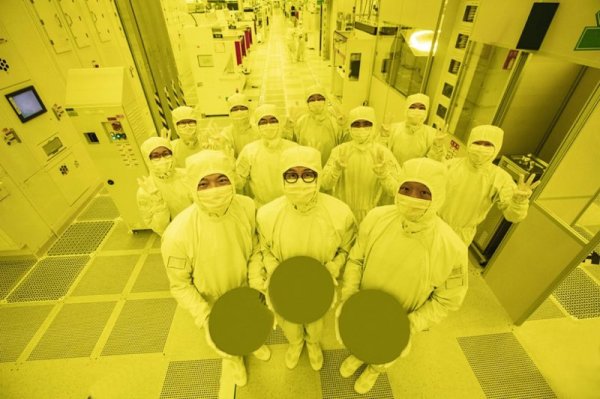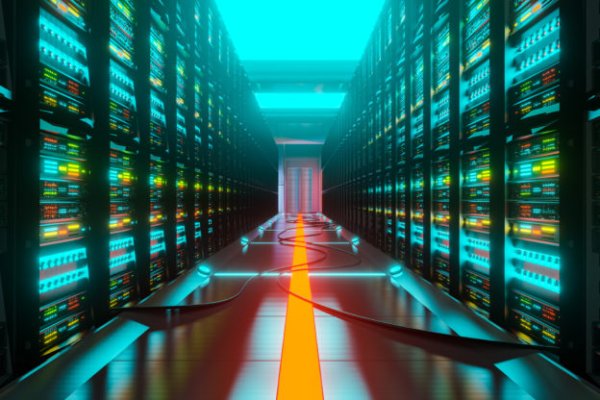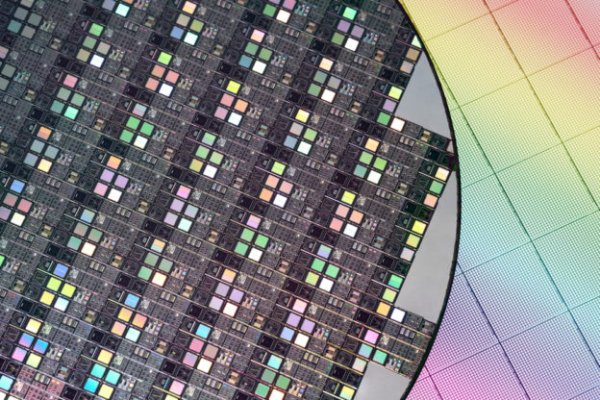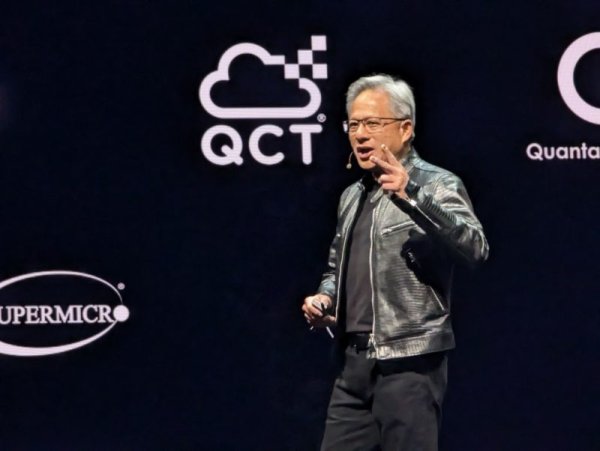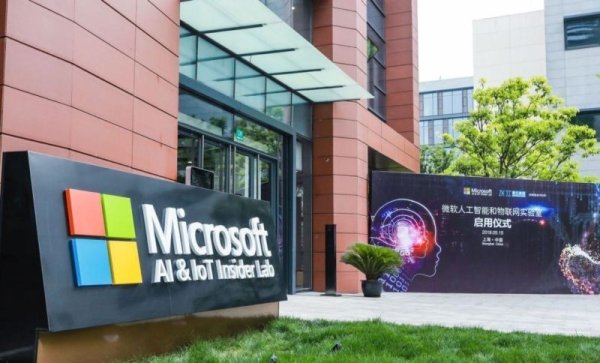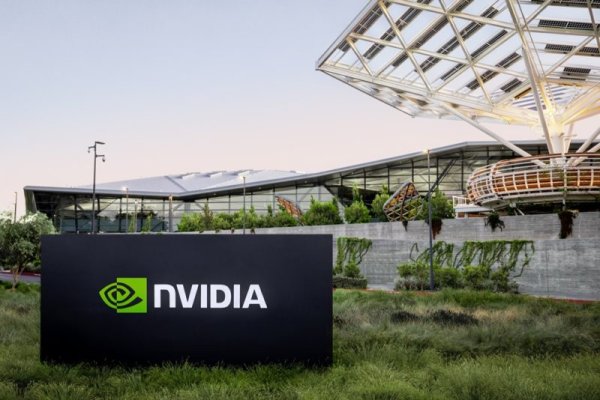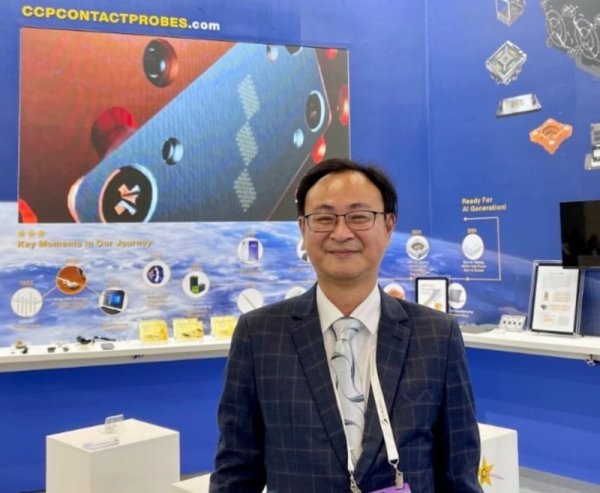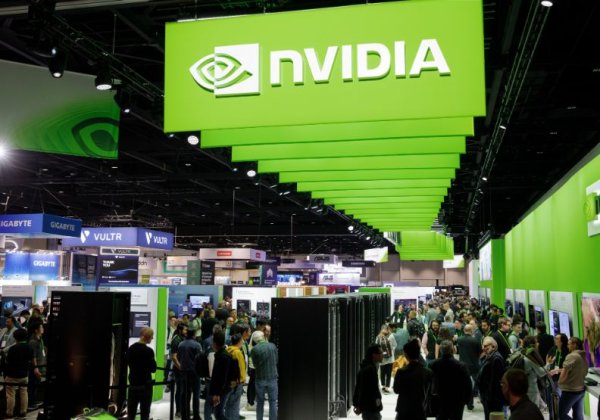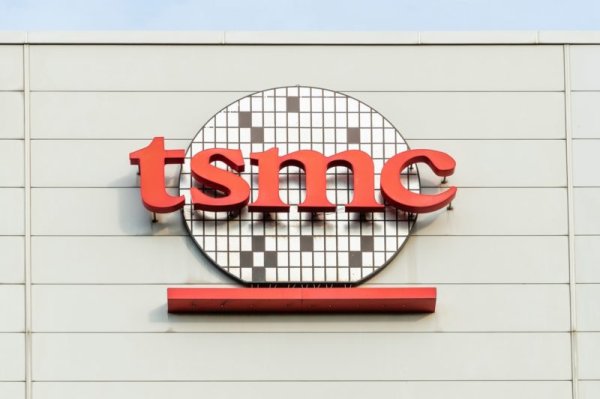Microsoft chief technology officer: Will switch to its own chips in the future to reduce dependence on NVIDIA
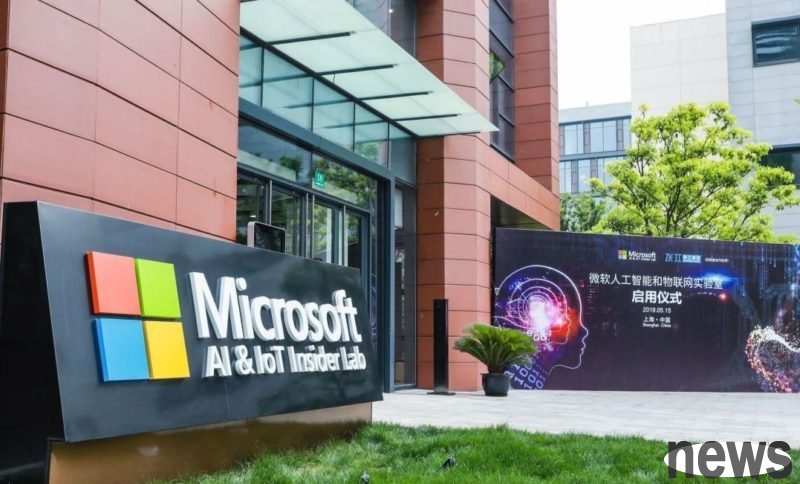
Microsoft Chief Technology Officer Kevin Scott recently stated in a public speech at Italian Tech Week that the company's long-term goal is to have the data center use self-developed chips as the main computing core and gradually get rid of dependence on NVIDIA and AMD.
According to foreign reports, Scott explained that Microsoft has chosen NVIDIA GPUs for many years because of its best cost performance, but it will not be tied to a single supplier. The key lies in whether it can ensure sufficient chips to support demand. He also revealed that the chips he designed are currently running in the data center.
Microsoft announced the launch of the Azure Maia 100 AI accelerator and Cobalt 100 CPU in 2023. Maia adopts TSMC's 5nm process and integrates more than 105 billion transistors on a single chip, with computing performance reaching 1,600 teraflops (MXInt8) and 3,200 teraflops (MXFP4). The follow-up Maia 200 was originally planned to be mass-produced in 2025, but it has been rumored that it has been postponed to 2026.
Scott pointed out that the chip is only one part of the overall layout. Microsoft will also master the server design, network architecture and cooling methods to create a complete vertically integrated system. He emphasized that only in this way can optimal performance be achieved for different AI workloads.
In order to improve heat dissipation efficiency, Microsoft recently collaborated with Corintis to introduce a bionic-inspired on-chip microfluidic liquid cooling solution. Officials claim that the heat dissipation efficiency can be improved by three times compared with traditional cold plates. This highlights that the company's strategy is no longer limited to chip replacement, but is moving towards deeper system engineering.
Scott also talked about the pressures faced by the industry. He said that since the advent of ChatGPT, the demand for computing power has expanded rapidly, and the existing supply speed can hardly keep up. Even though Microsoft has added more than 2GW of new data center capacity in the past 12 months, it is still difficult to meet market demand.
According to statistics, Microsoft, Amazon, Google and Meta have a combined capital expenditure commitment of more than US$300 billion this year, most of which is invested in AI infrastructure, but the computing power gap remains severe. Scott emphasized that Microsoft will continue to increase investment in the next few years to ensure that AI development can receive sufficient support.
Microsoft wants to mainly use its own AI data center chips in the future Microsoft CTO claims company will mainly use its own AI chips in the future Further reading: Microsoft's self-developed AI chip encounters bottleneck! Plans to launch "transition chips" to cope with competition from NVIDIA

